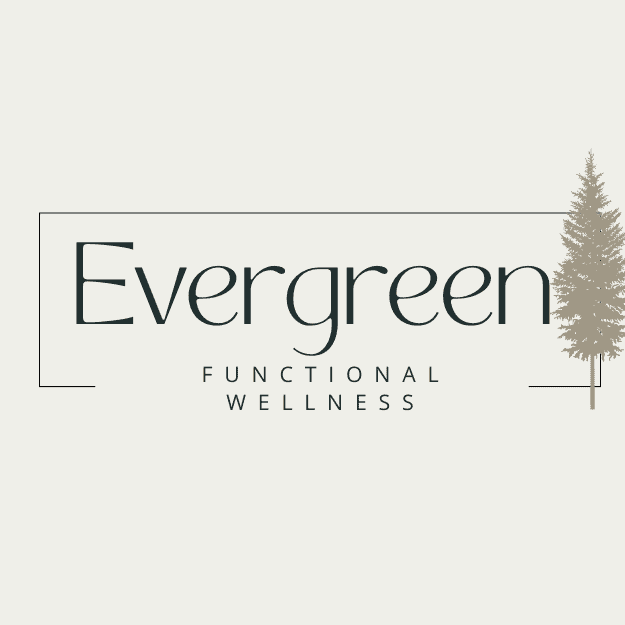Stop Fighting for Health: The Freedom of Choosing
You’re a powerhouse—a leader, a creator, a woman who’s built her life on courage and determination. But when it comes to your health, does it sometimes feel like you’re stuck in yet another battle?
For many high-performing women, the fight for health feels endless. Fighting for the confidence to prioritize yourself. Fighting through exhaustion to check every box. Fighting the guilt of slowing down, even when your body is begging for rest.
This mindset—the idea that health is something to fight for—often comes from a place of scarcity and resistance. It assumes health is something outside of you, something you must earn or achieve, rather than something you already possess.
But what if it didn’t have to be this way?
The Fight for Health: Scarcity and Resistance
The “fight for health” mindset is deeply rooted in scarcity—a belief that what you desire is separate from you and requires constant striving to achieve. While this perspective might spark action in the short term, it often leaves you feeling disconnected and depleted.
Here’s how scarcity shows up in your health journey:
- Believing You’re Not Ready:
You tell yourself, “I need to feel more confident or capable before I can start.” This delays action and keeps you stuck in a cycle of waiting for the “perfect” moment. - Relying on External Validation:
Health feels tied to external markers—numbers on a scale, accolades for your discipline, or others’ approval. It becomes less about how you feel and more about proving your worth. - Operating in Survival Mode:
You’re pushing through exhaustion, relying on sheer willpower to get through the day. Every choice feels like a battle, keeping you in a constant state of stress and depletion. - Depleting Your Energy:
Fighting assumes resistance—working against your body rather than with it. This approach drains your mental and physical reserves, leaving you burned out and frustrated.
The problem with this mindset is that it assumes you’re always falling short, needing to do more, be more, or achieve more before you’re allowed to feel good.
The Freedom of Simply Choosing
What if health wasn’t something you had to fight for?
What if it was as simple as choosing it—and allowing it to be yours?
When you strip away the layers of needing to “earn” confidence, external validation, or permission, you arrive at a powerful truth:
Choice is all the authority you need.
This shift—from fighting to choosing—creates freedom:
- Your desires are valid without justification. You don’t need a reason to want vitality or joy. The act of choosing them makes them enough.
- You don’t need to feel ready. Confidence isn’t a prerequisite for action—it’s the result of it.
- Ease replaces resistance. The moment you stop striving to “become” someone who deserves health, you realize you already are.
Why Confidence Isn’t Necessary
We often believe we need confidence before we can act, but that’s a trap. Confidence is often a byproduct of action, not a prerequisite for it.
When you simply choose health, you bypass the need for confidence entirely:
- Confidence becomes irrelevant: The act of choosing generates its own momentum. You don’t need to feel ready; you just need to take the first step.
- Support becomes optional, not essential: External validation may still come, but it’s no longer necessary to sustain your progress. You realize your power comes from within.
From Scarcity to Freedom: Shifting the Energy
When you move from fighting to choosing, the energy of your journey shifts. Resistance dissolves. The battle ends. Instead of working against your body, you partner with it.
Here’s how it feels:
- From survival mode to flow: Instead of forcing yourself to do more, you trust your body’s cues and act in alignment with your needs.
- From depletion to empowerment: Letting go of the fight frees your energy for things that truly matter—your creativity, your relationships, your joy.
- From striving to allowing: You stop doubting whether you’re capable, strong, or deserving. You step into the truth that you are already enough.
A Practice for Choosing Health
If you’re ready to shift from resistance to freedom, start with this simple practice:
- Pause and Reflect:
When you catch yourself feeling like you’re fighting for health, ask:- What am I resisting?
- Am I waiting for confidence, validation, or proof?
- Reframe the Struggle:
- Instead of thinking, “I need to fight harder,” try:
“What if health was already mine to claim?”
- Instead of thinking, “I need to fight harder,” try:
- Take a Small Aligned Action:
- Health doesn’t happen in grand gestures. It’s in the small, intentional choices you make each day. Drink water, take a walk, or simply rest—each action is a declaration of self-trust.
Health as Freedom
Fighting for health often keeps us stuck in a scarcity mindset, believing we must work harder, do more, or become someone else to deserve vitality.
But choosing health is a radical act of trust. It says:
- I am worthy now.
- I don’t need permission to feel good.
- Health isn’t a battle—it’s a birthright.
So, let me ask you:
What would change in your life if you stopped fighting for health and simply chose it?
The shift from fighting to choosing health is simple, but profound. It starts with letting go of resistance and leaning into trust—trust in your body, your desires, and your ability to create the life you want.
If this message resonates with you, I’d love to hear your thoughts. What does it mean to you to choose health instead of fighting for it? Drop a comment, share your reflections, or reach out—I’d love to connect.
To your health and freedom,
Monica
